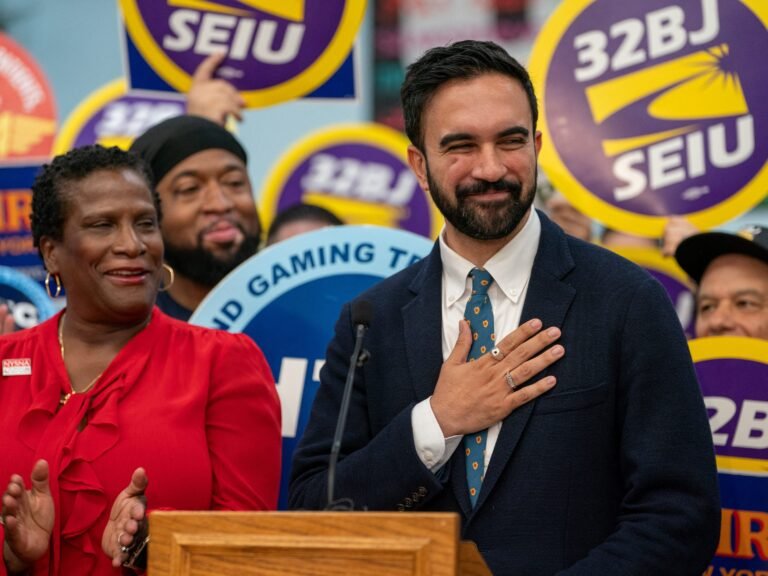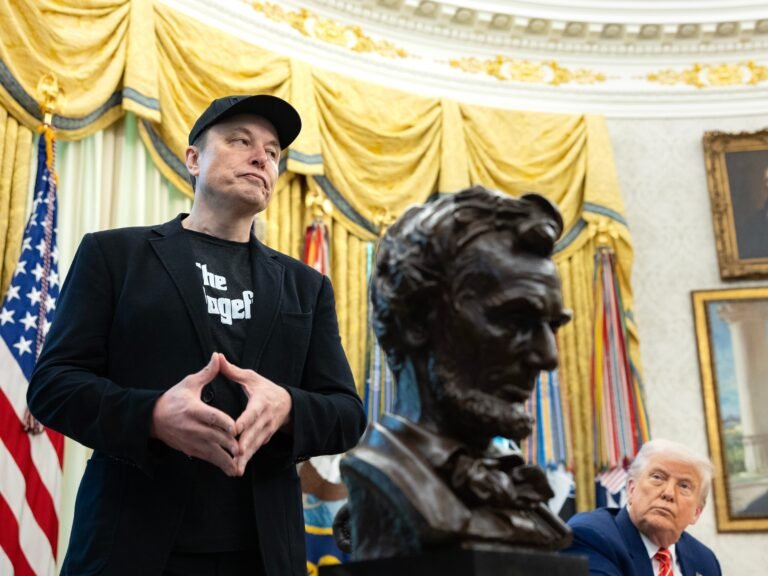
In 2020, the world marched. People poured into streets to protest racial injustice. Social media feeds turned into anti-racism reading lists. Corporations issued statements and committed billions of dollars to racial equity. It felt like a turning point.
Five years later, much of that momentum has faded. Support for the Black Lives Matter movement among Americans has dropped. Companies have gone quiet. Many former allies have disengaged. So what happened? And more importantly, how do we reignite lasting commitment to racial justice?
New research from Stanford and Yale offers a clue—and a path forward. It comes down to your mindset.
The Power of an “Impact Mindset”
Researchers surveyed thousands of Americans across racial groups and asked: When thinking about the racial justice movement, what kind of inner dialogue do you have? They identified four different types of “strategic mindsets” that people can adopt:
- Impact mindset: How will my actions affect others?
- Dependency mindset: Do others have to act for my effort to matter?
- Egocentric mindset: What’s in it for me?
- Altercentric mindset: What are others doing and how can I follow?
The key finding? People who focused on how their actions impact others — those with an impact mindset—were much more likely to take meaningful action in support of racial justice, such as protesting, donating, or organizing. This was true across all racial groups. And critically, those with an impact mindset in 2020 were also more likely to stay engaged eight months later, even after racial justice faded from public attention.
In other words, what keeps people committed isn’t pressure, guilt, or even passion. It’s the belief that they can make a difference in someone else’s life.
How This Played Out in 2020
Think back to the early months of the 2020 protests. Many white allies didn’t just post hashtags. They marched alongside their neighbors, donated to bail funds, or lobbied their employers to examine hiring and retention practices. Why? Often, it was because they saw how the system impacted others—their friends, coworkers, and community members—and believed their actions could help shift outcomes for other people.
This impact mindset also explains why the engagement wasn’t always sustained. When the public spotlight dimmed and the tangible effects became harder to see, many people reverted to questions like “Does this still matter?” or “Is anyone even paying attention?” And without the sense that their personal efforts could meaningfully help others, many simply stopped showing up.
How Leaders Can Reignite Allyship
For companies, community organizers, and movement leaders looking to rebuild momentum, this research offers a clear strategy: frame calls to social action around impact.
- In the workplace: Rather than telling employees to attend diversity trainings because “it’s required,” show how inclusive practices improve outcomes for marginalized colleagues—like higher retention rates, safer team dynamics, or better pathways to leadership.
- In organizing efforts: Highlight individual stories as evidence of change. Tell people why their effort matters, like “When you showed up to this school board meeting, this policy changed. Here’s what that meant for students.”
- In everyday life: Encourage people to ask, Whose life might be better because I took action today? That simple question helps shift the focus from self-doubt or fatigue to service and solidarity.
Let’s Make Allyship Sustainable
The road to racial justice is long, and sometimes lonely. But the research is clear: people stay engaged when they believe their actions matter to the lives of other people. That belief must be cultivated intentionally.
If we want to build lasting movements—in our companies, communities, or country—we need to lead with impact. Remind people not just of the injustice, but of the difference they can make.
The march toward equity doesn’t end when the cameras stop rolling. It continues through the quiet, persistent actions of those who choose to care, and those who choose to take action because they know they can help someone else. That’s the mindset that makes change stick.






